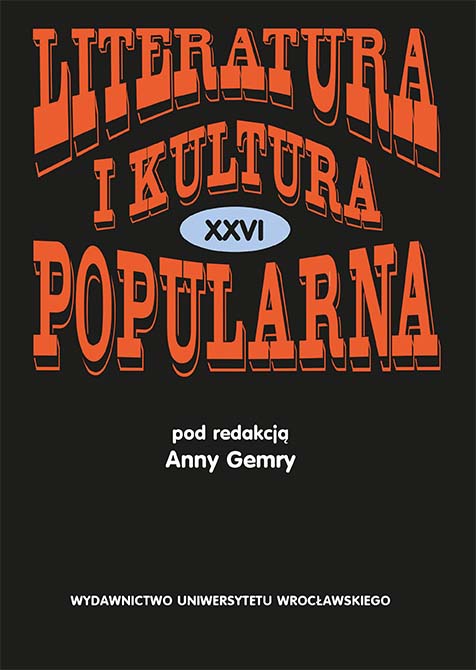

Artykuły

The aim of the paper is presentation and discussion of China Miéville’s theoretic approach to the issue of horror’s subgenres, including classical Victorian ghost story and Lovecraftian weird fiction. “The abcanny” — in a way a subversive, theoretical category, that Miéville coins in his critical writings — is crucial for both his own speculations and the problems considered here. As it is decisively opposite to Freudian “uncanny” and Kristevian “abject”, it constitutes a relatively new approach to the question of distinction among the aforementioned horror literary genres. The Victorian ghost story, as Miéville sees it, is deeply rooted in the experience of the uncanny, and so it presupposes the “return of the repressed” from the individual or collective/cultural unconsciousness. Hence ghost stories are — just for example — susceptible to hauntological interpretations. Weird fiction — on the contrary — implies the experience of something radically new, something so far non-existent and therefore unacceptable and dreadful. If a classical ghost story can be perceived as an expression of the nineteenth–century fear of the irrationality returning from the past preceding the revolution of the Enlightenment, haute weird narrative embodies modernistic anxiety of the upcoming future, its uncertain nature, cognitive and moral relativism, and — what is most important here — the dubious status of man facing a boundless chasm of time and space.